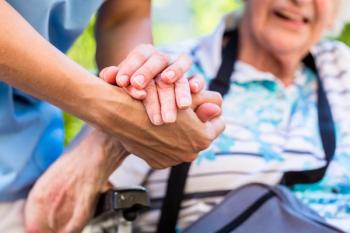
Nearly 10% Women Have Geographic Access Barriers to Gynecological Cancer Care
Researchers at the University of Pennsylvania correlated data from Geographic Information Systems, hospital referral regions, census data, and CDC's State Cancer Profiles, to evaluate whether geographic barriers can prevent access to gynecologic cancer care.
Researchers at the University of Pennsylvania correlated data from Geographic Information Systems, hospital referral regions, census data, and CDC's State Cancer Profiles, to evaluate whether geographic barriers can prevent access to gynecologic cancer care.
In their study, ublished in the journal
The authors suggest conducting studies to identify whether these barriers have a bearing on clinical outcomes among these women. Additionally, they recommend subspecialty care in the low-access regions or restructuring care facilities in the region to minimize the access burden on patients.
Newsletter
Stay ahead of policy, cost, and value—subscribe to AJMC for expert insights at the intersection of clinical care and health economics.













